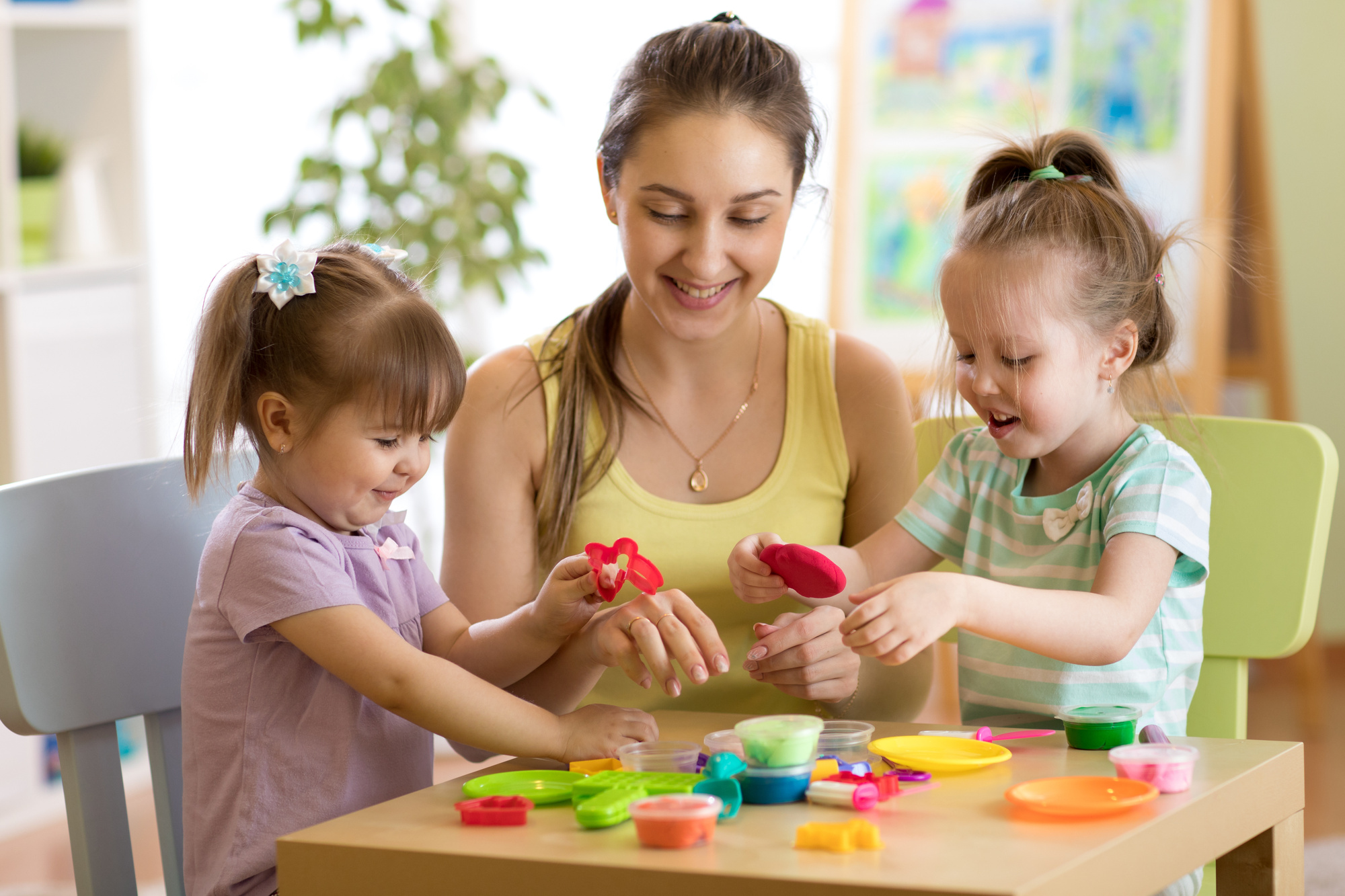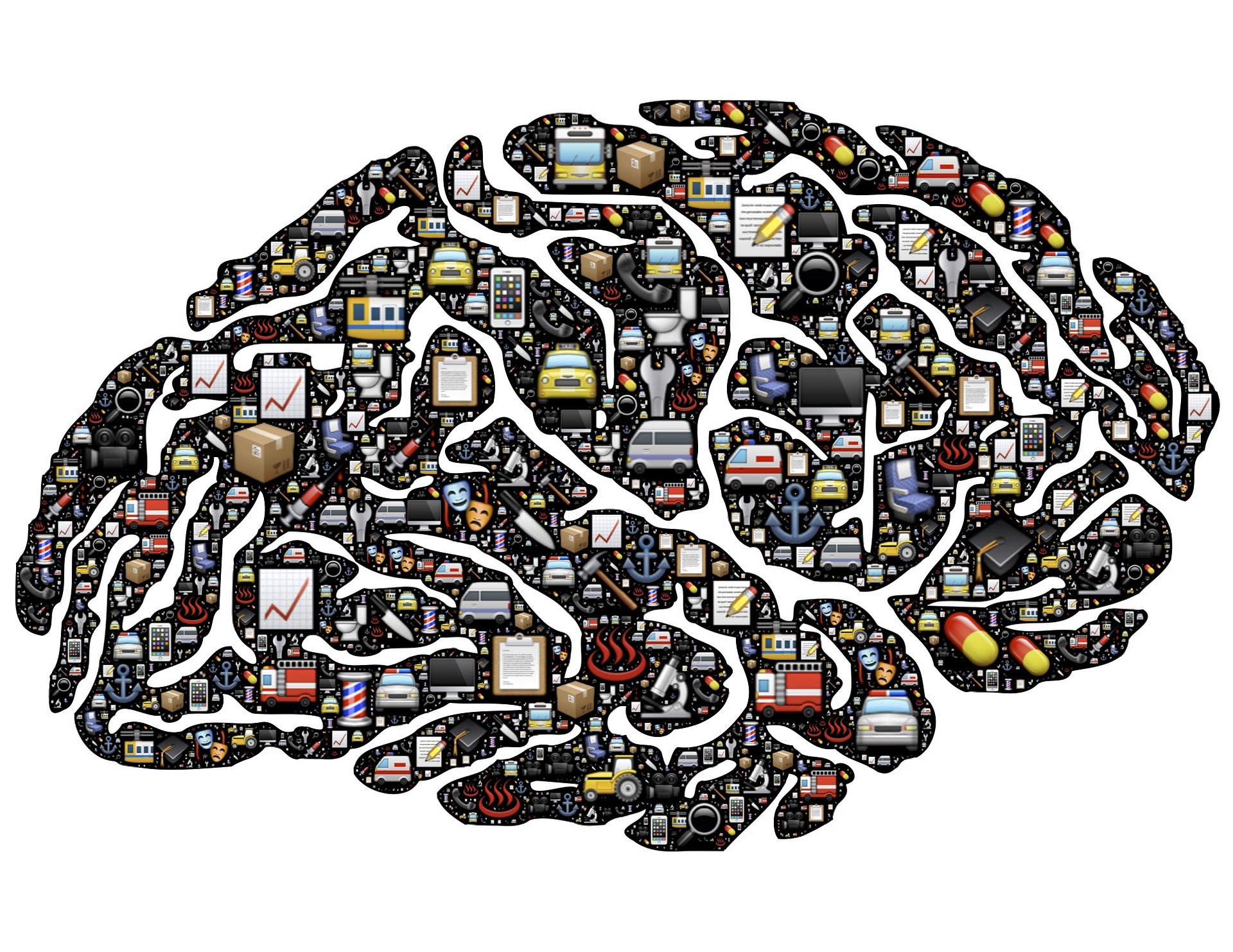Have you noticed how much your toddler is growing? They learn, grow, and develop at an incredible rate in their first few years on this earth. Whether that’s mentally or physically, they’re probably changing faster than you can keep up with them.
The more time you spend playing with your toddler, the more you’ll find that you’re supporting their developmental growth. It’s a lovely thing when it happens, too.
So, we decided to throw together some of our favorite bits about toddler development through play for you in one handy guide. Keep reading!
Establishing a Structured Routine for Playtime
By setting consistent playtime schedules, toddlers can learn to predict what will happen. They will also have time to think about activities at their own pace.
This structured routine can include routines like having time indoors and outdoors and exploring. It also includes an opportunity to relax and rest. Scheduling activities throughout the day, like storytime, arts, and music, can help children learn and grow in various ways.
Incorporating Music and Movement for Development
Toddlers enjoy activities that integrate music, rhythm, and movement. These activities spark their creative learning and play.
Using music and movement to help a child grow and learn is a good way to help them grow. It also enhances their exploration of the world around them.
One way to support toddler development is to have a primary musical activity to take part in. An activity may include singing, clapping, and dancing. These activities teach toddlers about rhythm, melody, and form.
Exploring Opportunities for Outdoor Play
Outdoor play can build gross motor skills, such as hopping and running, and also problem-solving skills.
Trying out new outdoor play areas, recess equipment, and playgrounds can be rewarding activities. Being in nature has been proven to improve cognitive development, reduce stress, and improve energy levels.
Promoting Communication Through Imaginative Play
To promote communication through imaginative play, allow toddlers to use words when engaging with toys. For example, when playing with stuffed animals, have toddlers’ talk’ to them, whether it be talking to pretend characters in the game or asking questions and engage in conversations.
Another way to promote communication is to encourage children to ‘interview’ their toys. Letting them ask questions and encouraging them to elaborate on the conversation.
Additionally, one should use lots of words when playing with children. This can include repeating phrases and words, asking questions, and making comments.
Valuing Make-Believe to Support Cognitive Growth
This type of play helps to develop a young child’s social and language skills. This is by acting out real-life scenarios and participating in imaginative conversations.
Through pretend play, toddlers learn how to think and reason. As well as create stories and socialize in an environment where there is little risk of failure.
Providing a variety of materials and simple props can help enrich pretend play and support cognitive growth. Check out these Montessori toys available online, which can help children to be autonomous and build self-confidence.
Support Toddler Development Through Play
Play helps toddlers explore their world and express themselves. It also develops their cognitive and social skills.
In order to support toddlers’ development, give them the opportunity to lead and create their own types of play. Encourage them to interact outdoors, manipulate toys, and explore their environment.
Let’s give our kids the space and guidance they need to foster their development through play. Try it today!
Did you enjoy this article about toddler development? Browse more of our page for interesting and helpful topics.




